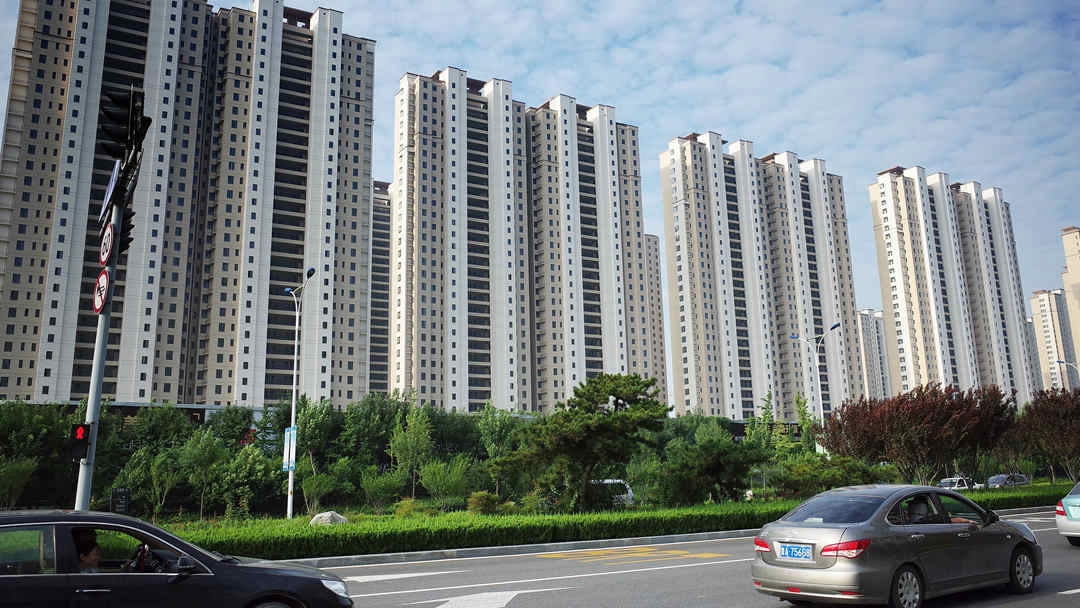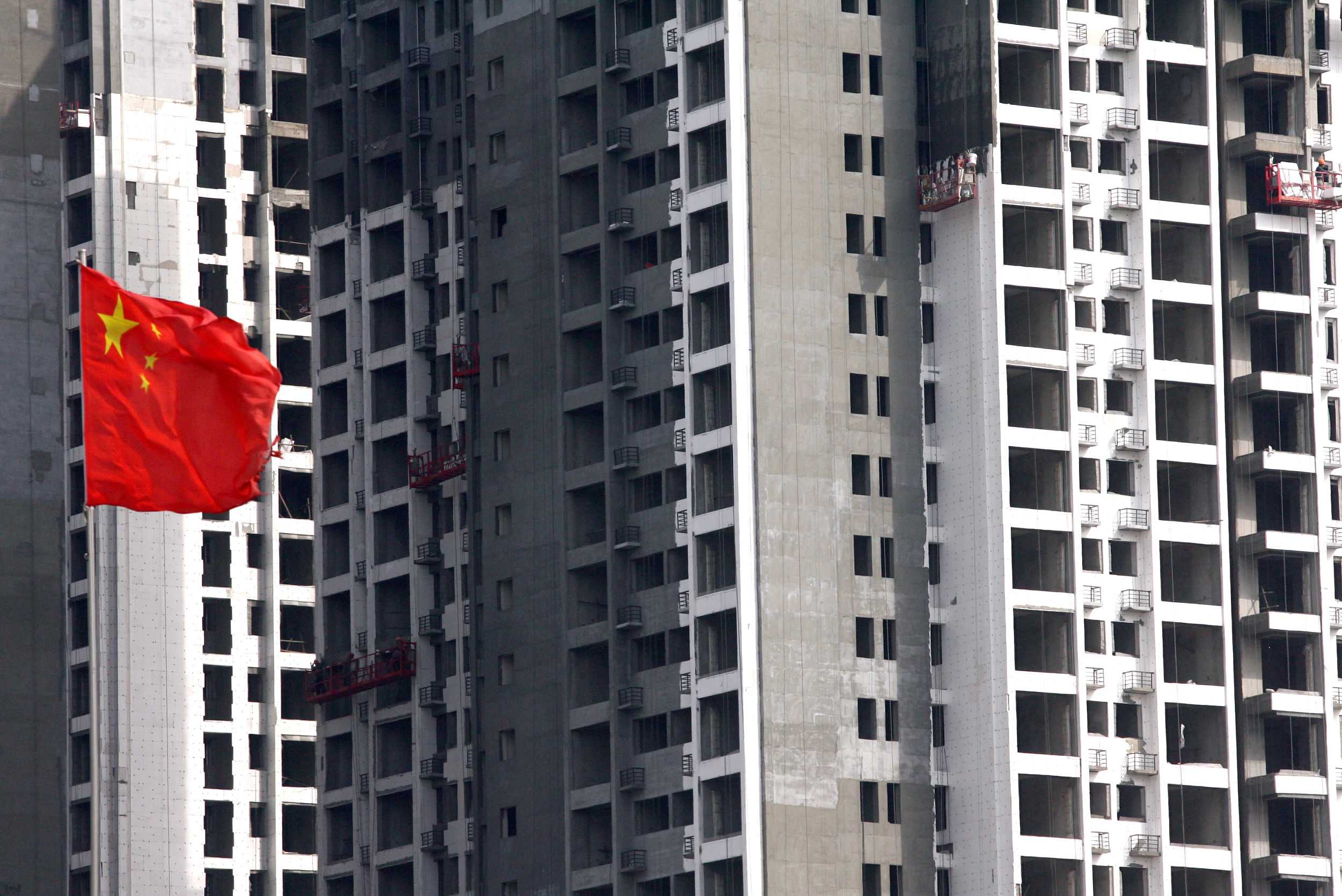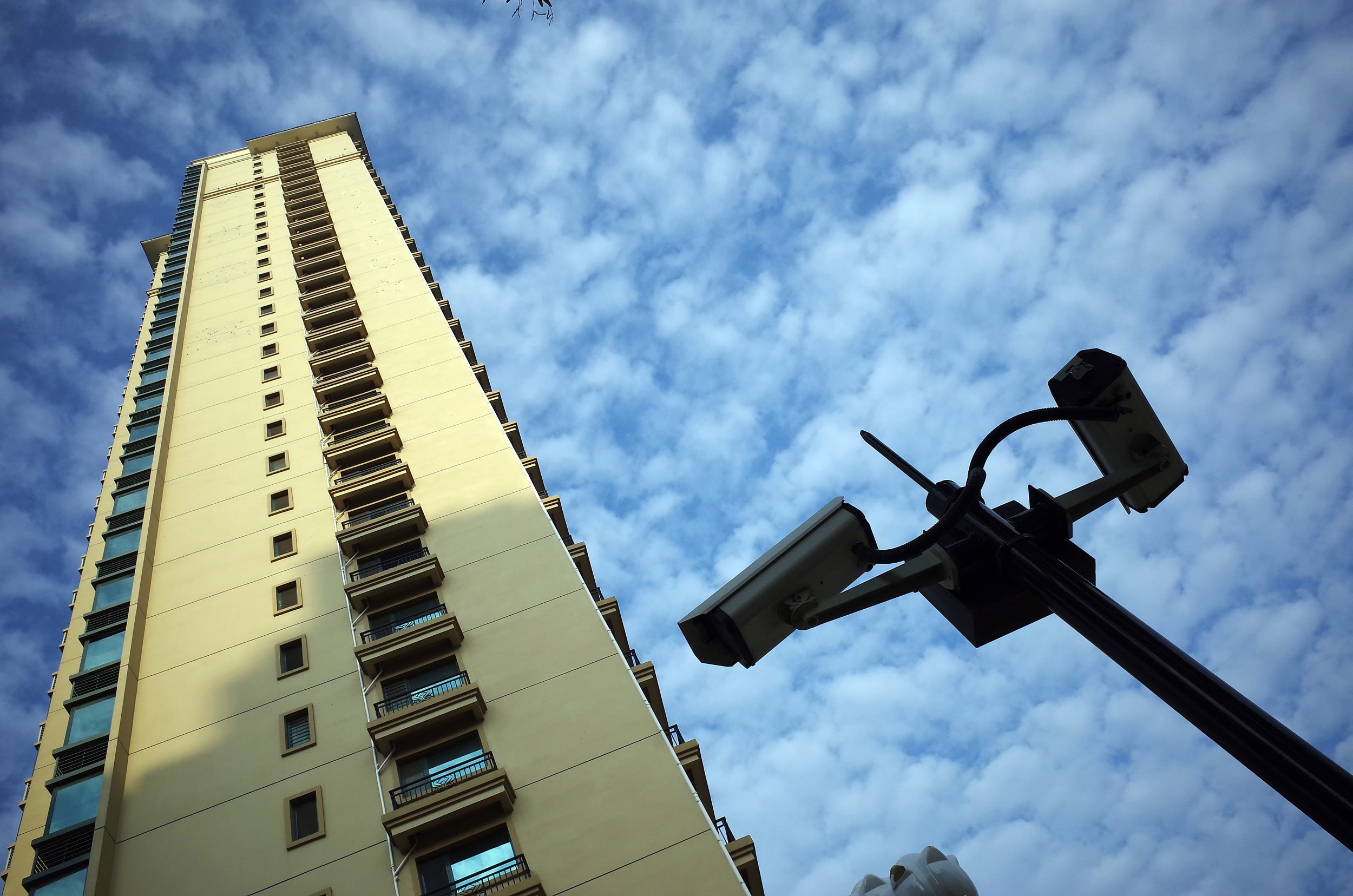
Business
21:26, 26-Aug-2017
Economic Watch: Tighter credit cools China's property market
CGTN

First-time home buyers in China are having a hard time getting good mortgage rates, as the country tightens credit controls to curb property speculation.
Earlier this week, the branch of the Agricultural Bank of China in east China's city of Suzhou announced that rates on new housing loans issued to first-time home buyers would be 10 percent higher than the benchmark rate set by the central bank.
The news quickly made headlines, with home buyers around the country feeling the pinch of tighter credit.

VCG Photo
VCG Photo
In the southern city of Guangzhou, for example, major commercial banks have said in separate notices that they will charge 1.05 times the benchmark rate for loans issued to first-time buyers.
Even if some banks offer a 10 percent discount on the loans, such bargains are hard to get and people have to line up without knowing when the loans will be granted.
"If you want a loan fast, you have to pay a premium of 20 percent. Then you can get the loan a week after all the paperwork is done," said an employee at China CITIC Bank.
Commercial banks have been raising mortgage rates in China's major cities, following this year's tough housing purchase restrictions that have cooled house prices.
According to Rong360, a financial data provider, the average mortgage rate for first-time home buyers rose to 4.99 percent in July, the first time it reached the benchmark rate since 2013.
That was a sharp rise of 12.38 percent from July last year, when the rate was 4.44 percent.
The higher mortgage rates are in line with tighter housing loan quotas, which banks tend to cut in response to policies that aim to guide funds into the real economy, said Yang Kewei, head of research at property research center CRIC.

VCG Photo
VCG Photo
China has been stepping up efforts to rein in property market speculation this year after rocketing housing prices fueled asset bubble concerns, particularly in major cities.
Dozens of local governments have passed or expanded restrictions on house purchases and increased minimum down payments required for mortgages.
The boom was also cooled by tightening liquidity conditions. While the central bank has left benchmark interest rates on hold, it has used diversified monetary tools to ensure liquidity and guide the interbank market rates higher.
Following the measures, home prices have faltered or posted slower growth in major cities.
Of 70 cities surveyed in July, the pace of new home price growth slowed in 15 major cities compared with the same month last year, the National Bureau of Statistics said.
On a month-on-month basis, new home prices fell or remained flat in 14 cities in July, up from 10 in June.
In Beijing, Nanjing and Shenzhen, new home prices fell in July from a month earlier, while Shanghai and Hangzhou saw prices unchanged.
However, it is necessary for authorities to keep implementing tough restrictions as housing prices in some cities showed signs of picking up, said Lu Wenxi, an analyst with Centaline Property.
Lu said that as liquidity pressure was often high at year-end, it was possible that mortgage rates would continue to rise in the fourth quarter.
Source(s): Xinhua News Agency

SITEMAP
Copyright © 2018 CGTN. Beijing ICP prepared NO.16065310-3
Copyright © 2018 CGTN. Beijing ICP prepared NO.16065310-3